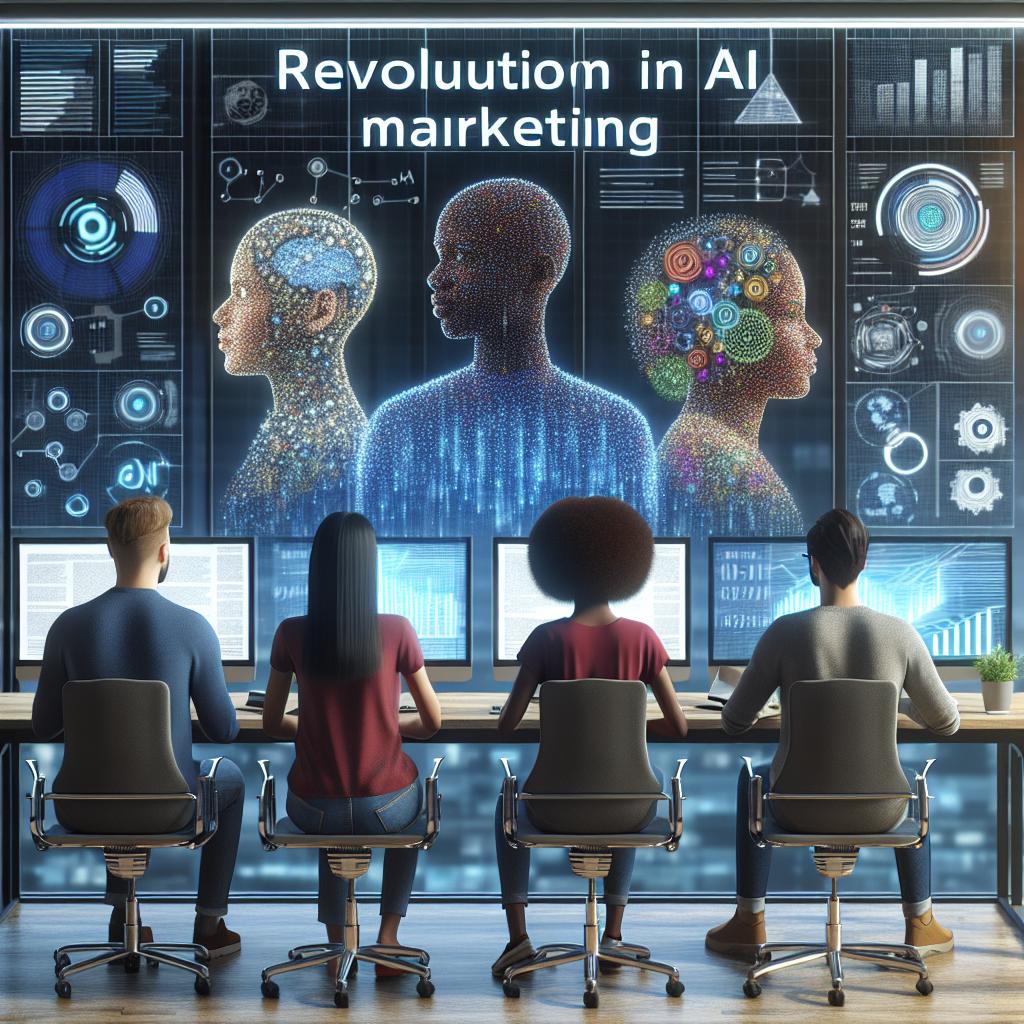New York: The Transformative Impact of Generative AI in B2B Marketing
In the bustling world of B2B marketing, trends come and go like the wind. However, one trend that’s here to stay is the impact of generative AI (genAI). As we dive into recent insights, it’s quite fascinating to see how 81% of B2B marketers are leveraging genAI tools, an increase from 72% in just a year! This uptick indicates a significant shift toward utilizing technology for optimizing marketing strategies.
Why is Generative AI Gaining Ground?
To put it simply, genAI is transforming the marketing landscape by optimizing campaigns, personalizing experiences, and automating routine tasks. This shift allows marketers to redirect their focus to more strategic activities. In a fast-paced environment where every moment counts, this can be a game-changer.
What does this mean for B2B marketers? As more professionals engage with genAI solutions, the question arises: what are the main use cases for this technology? Let’s break it down.
Main Use Cases for Generative AI in B2B Marketing
- Campaign Optimization: GenAI assists in analyzing data at lightning speed. This accelerates campaign testing, enabling marketers to fine-tune messages for maximum impact. Imagine launching a campaign that’s tailored to the audience’s preferences, significantly enhancing engagement rates.
- Personalization: Today’s consumers are looking for customized experiences. GenAI can help marketers gather insights into customer behavior and preferences, allowing for tailored communication that feels personal. This leads to deeper connections between brands and customers.
- Automation of Routine Tasks: From scheduling posts to sending follow-up emails, genAI helps automate many time-consuming tasks. This not only frees up time for marketers to focus on creativity but also ensures consistency in communication.
- Better Lead Generation: Generative AI can analyze vast sets of data to predict which leads are more likely to convert. This means that marketers can concentrate their efforts on leads with the highest potential, thus increasing sales efficiency.
- Content Creation: Whether it’s generating reports, articles, or social media posts, genAI tools can create content quickly. This capability can save time, allowing marketers to produce high-quality content in a fraction of the normal time.
Strategies for Prioritizing GenAI
Now that we’ve explored some fantastic use cases, how should marketers prioritize these implementations? Here are a few suggestions:
- Assess Needs: Understand your team’s challenges and how genAI can resolve them. Identify key bottlenecks and focus on solutions that align with your goals.
- Start Small: If you’re new to genAI, it’s wise to start with one or two tools that can make the most impact. Once familiar, you can gradually integrate more solutions.
- Measure Success: Just as with any strategy, it’s essential to track results. Use industry benchmarks to evaluate performance and adjust accordingly.
- Collaborate with Teams: Encourage collaboration between marketing teams and tech specialists to explore innovative integrations of genAI into workflows.
Looking Ahead
The landscape of B2B marketing is evolving. By integrating generative AI, marketers can build more sophisticated workflows that not only enhance day-to-day operations but also support long-term successes. As we navigate these exciting changes, the key is to stay informed and embrace new technologies that can bolster marketing efforts.
As we close this chapter for now, it’s clear that the combination of data insights and automation through genAI will continue to shape the future of B2B marketing. The journey has just begun, and there’s much more to explore!








